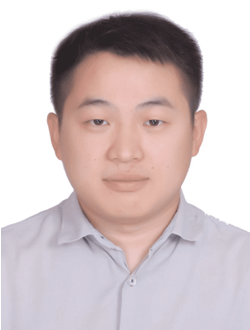
Dr. Shuai Wang
School of Chemical Engineering
University of New South Wales
shuai.wang5@unsw.edu.au
Dr. Shuai Wang is currently working as a postdoctoral fellow in the School of Chemical Engineering at the University of New South Wales, Australia. He received the B.E. degree and PhD degree in the College of Energy Engineering at Zhejiang University in 2014 and 2019, respectively. His research interests include i) multi-scale CFD-DEM simulation of dense gas-solid reacting flow; ii) high-efficient utilization of renewable energy resources, e.g., biomass, hydrogen; iii) high-performance parallelization computation; iv) thermochemical processes in ironmaking blast furnace; v) phase change in additive manufacturing. He serves as the guest editor of Frontiers in Energy Research, editorial board member of Energies, and Journal of Environmental Materials and Sustainable Energy. He has more than 50 publications by SCI and 1000 citations. He was awarded the “Wu Chung-hua Outstanding Graduate Student Award” in 2019 and the “Excellent Doctoral Thesis of the Chinese Society of Particles” in 2020.
Title: Discrete element simulation of dense gas-solid reacting flow
Abstract: Dense gas-solid reacting flow involves complex multiphase flow, heat and mass transfer, and chemical reactions. Computational fluid dynamics-discrete element method (CFD-DEM) simulation has become a promising method to understand and optimize the dense gas-solid reacting systems. Despite its recently rapid advancement and successful applications to a variety of chemical engineering processes, a comprehensive introduction of the theory and applications that underpin the CFD-DEM modelling of dense gas-solid reacting flow has not yet been conducted. In this work, we give the recent progress in the development of CFD-DEM models and their applications to dense gas-solid reacting systems. The sub-models for describing the flow dynamics and thermochemical conversion are firstly presented in terms of numerical algorithms and corresponding implementations from flow to heat and mass transfer and speed-up methods. Then, the recent advancements of CFD-DEM applications in dense gas-solid reacting systems are given, with a focus on chemical engineering processes, e.g., biomass gasification, char combustion, blast furnace ironmaking, and PV pyrolysis.